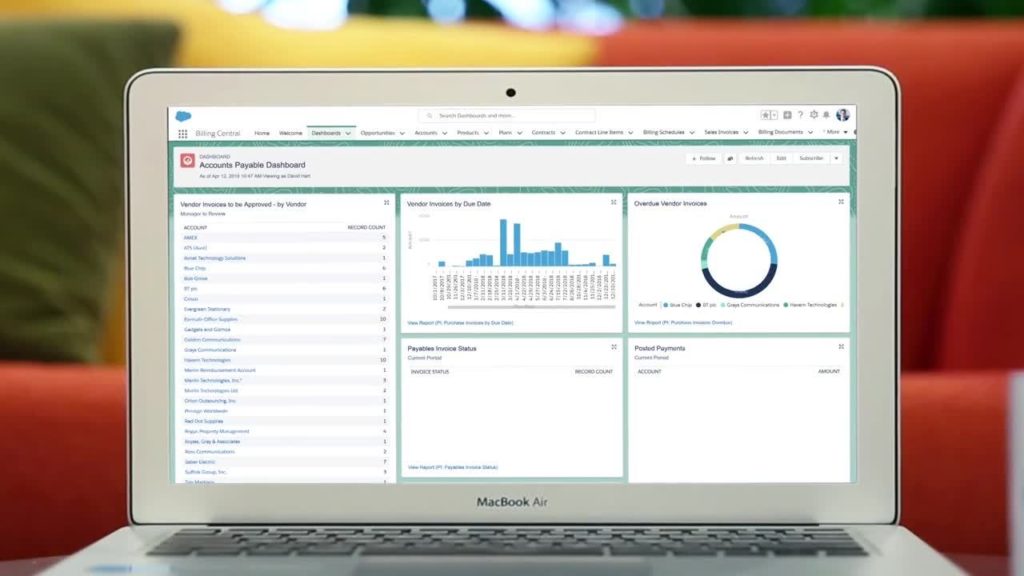If you’ve been shopping around for an ERP (enterprise resource planning) or accounting system in the Philippines, you’ve probably encountered arguments for and against newer cloud-based systems that have become standard during the past decade. Not everyone is quite on board with the idea, though.

ERP and accounting systems can be tough to upgrade due to the potential cost of migrating data and the downtime that may happen when the organization readjusts to the new system. This can make many businesses resistant to the idea of upgrading. But upgrading to a newer cloud-based system is still recommended for most users for a number of reasons.
Here are some of the proven benefits of switching to a cloud-based ERP or accounting system.
1. Resilience to natural disasters
The Philippines is no stranger to earthquakes, floods, and typhoons. While these events are mercifully rare, when they do happen, data loss due to catastrophic hardware damage isn’t too uncommon. More common than losing hardware directly to these events however, is losing them due to power fluctuations caused by these disasters. In either case, having your data on the cloud ensures that it’s safe from any single catastrophe.
2. Reduced risk of cyberattacks
Counterintuitively, cloud-based accounting systems are safer from cyberattacks compared to traditional local area networks. Granted, if all your data is on one single offline computer, that would make it theoretically immune from cyberattacks. On the other hand, most organizations recognize the impracticality of still using physical media to transport data to a separate device in the 2020s.
Local area networks aren’t much safer either, as it’s known that the majority of cyberattacks tend to perpetuated by people within the organization. Outside attackers also tend to find older systems much easier to access compared to newer ones as well. With a modern cloud-based system, cybersecurity is a top priority, and the developer will likely be creating regular updates, which means outside hackers will find it harder to breach compared to an older system.
3. Scalability
An accounting system should be able to easily expand along with your company. Many older systems are limited in their ability to do this, being unable to offer the right kind of functionality to keep up with a growing organization’s needs. Cloud-based systems, on the other hand, are almost always conceptually designed from the ground up to be as scalable as you need them to be.
4. Flexibility
The main advertised benefit of cloud-based systems is their flexibility. Users can access the systems at home or on vacation, which allows the organization more options when it comes to employee arrangements. It can also save time as employees no longer need to be tied to any one physical location to be able to use or access the system.
5. Lower IT costs
The cost of maintaining local servers can be quite high. In the Philippine setting where IT teams usually have multiple responsibilities, maintaining these servers is often an unwelcome responsibility on top of everything else the team is meant to perform. This means necessary updates may not always be implemented on time and that system maintenance may cause disruptive downtime.
With a cloud-based system, it is the system developer’s team that is responsible for system maintenance. This usually creates far less downtime time as the developer will have more resources to dedicate to upkeep due to their higher specialization. This means the organization no longer has to dedicate any time or resources to server upgrades and maintenance and its IT team can focus on other more important tasks.
If you’re interested in upgrading to a cloud-based accounting system in the Philippines or learning more about the benefits of switching over to different kinds of ERP systems, the team at ANSI is ready to help with your questions.
About FAQ
FAQ.ph stands for Facts, Answers and Questions about the Philippines. It is an online place where you can read interesting facts, useful answers and frequently asked questions about our country, its places, events and people. Our mission is to share stories that will help Filipinos and the world gain knowledge about everything in the Philippines, including its beautiful spots, rich history, unique society, and solutions towards the nation’s progress.
Leave a Reply